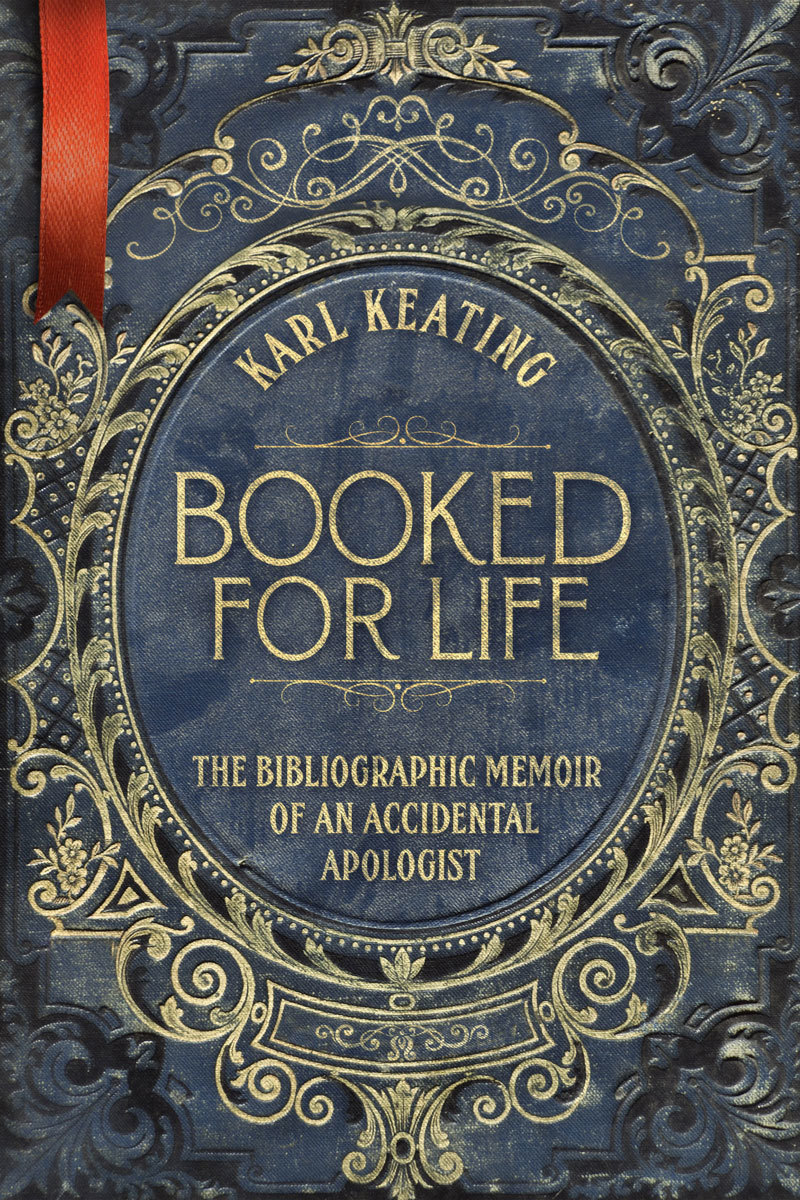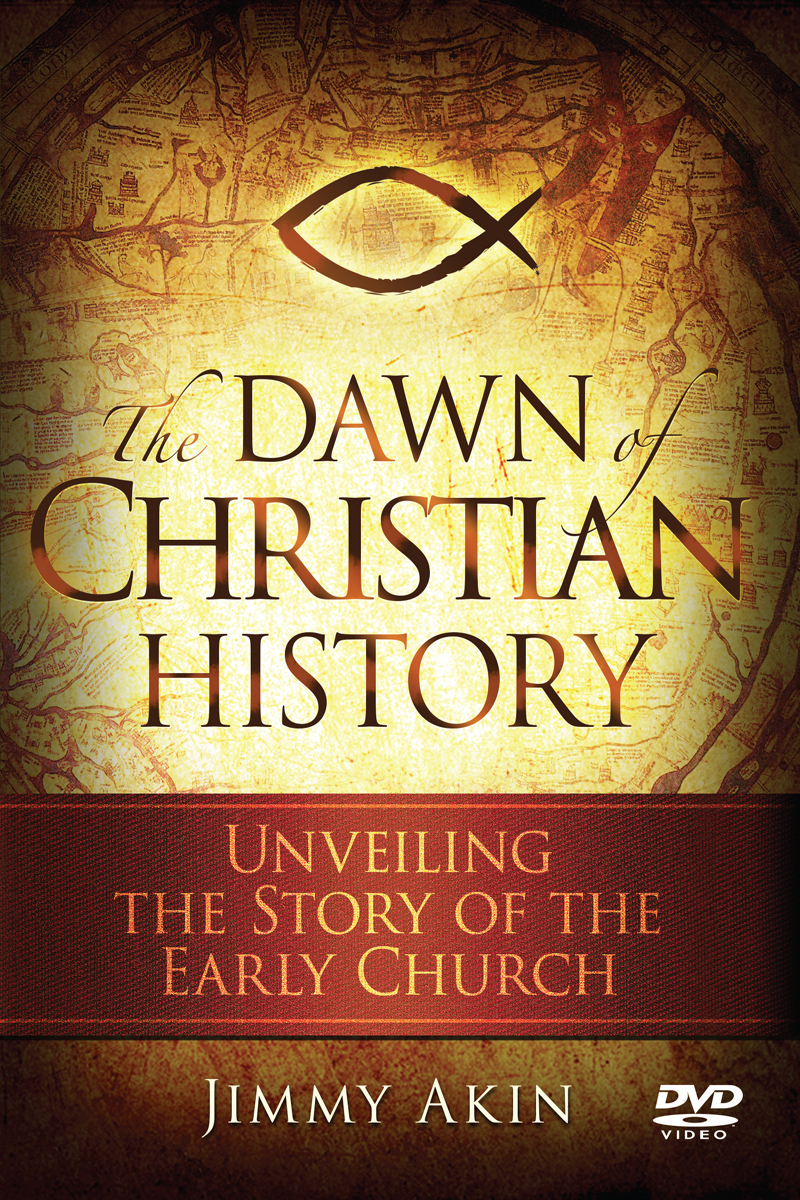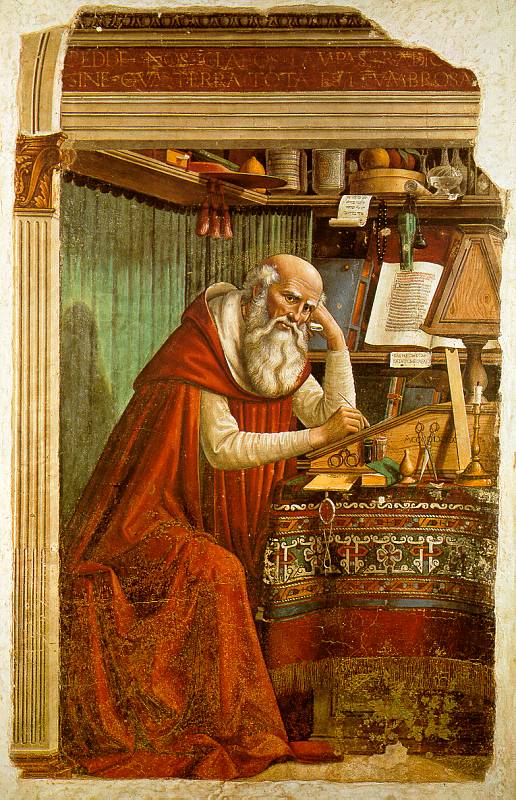“…But there is also the mourning occasioned by the shattering encounter with truth, which leads man to undergo conversion and to resist evil. This mourning heals, because it teaches man…
…Peter is an example of (this) second kind: Struck by the Lord’s gaze, he bursts into healing tears that plow up the soil of his soul. He begins anew and is himself renewed.
Ezekiel, Chapter 9
Then I heard Him call out in a loud voice, “Bring near those who are appointed to execute judgment on the city, each with a weapon in his hand.” 2 And I saw six men coming from the direction of the upper gate, which faces north, each with a deadly weapon in his hand. With them was a man clothed in linen who had a writing kit at his side. They came in and stood beside the bronze altar.
3 Now the glory of the God of Israel went up from above the cherubim, where it had been, and moved to the threshold of the temple. Then the Lord called to the man clothed in linen who had the writing kit at his side 4 and said to him, “Go throughout the city of Jerusalem and put a mark on the foreheads of those who grieve and lament over all the detestable things that are done in it.”
5 As I listened, He said to the others, “Follow him through the city and kill, without showing pity or compassion. 6 Slaughter the old men, the young men and women, the mothers and children, but do not touch anyone who has the mark. Begin at my sanctuary.” So they began with the old men who were in front of the temple.
7 Then He said to them, “Defile the temple and fill the courts with the slain. Go!” So they went out and began killing throughout the city. 8 While they were killing and I was left alone, I fell facedown, crying out, “Alas, Sovereign Lord! Are you going to destroy the entire remnant of Israel in this outpouring of your wrath on Jerusalem?”
9 He answered me, “The sin of the people of Israel and Judah is exceedingly great; the land is full of bloodshed and the city is full of injustice. They say, ‘The Lord has forsaken the land; the Lord does not see.’ 10 So I will not look on them with pity or spare them, but I will bring down on their own heads what they have done.”
11 Then the man in linen with the writing kit at his side brought back word, saying, “I have done as You commanded.”
Ezekiel 9:4 offers us a striking testimony to how this positive kind of mourning can counteract the dominion of evil. Six men are charged with executing divine punishment on Jerusalem—on the land that is filled with bloodshed, on the city that is full of wickedness (cf. Ezek 9:9). Before they do, however, a man clothed in linen must trace the Hebrew letter tau (like the sign of the Cross) on the foreheads of all those “who sigh and groan over all the abominations that are committed in the city” (Ezek 9:4). Those who bear this mark are exempted from the punishment. They are people who do not run with the pack, who refuse to collude with the injustice that has become endemic, but who suffer under it instead. Even though it is not in their power to change the overall situation, they still counter the dominion of evil through the passive resistance of their suffering—through the mourning that sets bounds to the power of evil.
…Once again, as in the vision of Ezekiel, we encounter here the small band of people who remain true in a world full of cruelty and cynicism or else with fearful conformity. They cannot avert the disaster, but by “suffering with” the one condemned (by their com-passion in the etymological sense) they place themselves on his side, and by their “loving with” they are on the side of God, Who is love.
…Those who do not harden their hearts to the pain and need of others, who do not give evil entry to their souls, but suffer under its power and so acknowledge the truth of God—they are the ones who open the windows of the world to let the light in. It is to those who mourn in this sense that great consolation is promised. The second Beatitude is thus intimately connected with the eighth: “Blessed are those who are persecuted for righteousness’ sake, for theirs is the kingdom of heaven” (Mt 5:10).
The mourning of which the Lord speaks is nonconformity with evil; it is a way of resisting models of behavior that the individual is pressured to accept because “everyone does it.” The world cannot tolerate this kind of resistance; it demands conformity. It considers this mourning to be an accusation directed against the numbing of consciences. And so it is. That is why those who mourn suffer persecution for the sake of righteousness. Those who mourn are promised comfort; those who are persecuted are promised the Kingdom of God—the same promise that is made to the poor in spirit. The two promises are closely related. The Kingdom of God—standing under the protection of God’s power, secure in His love—that is true comfort.”
Ratzinger, Joseph. Jesus of Nazareth: From the Baptism in the Jordan to the Transfiguration (Kindle Locations 1418-1429, 1430-1433, 1436-1445). The Crown Publishing Group. Kindle Edition.
Love, blessed be God,
Matthew
















